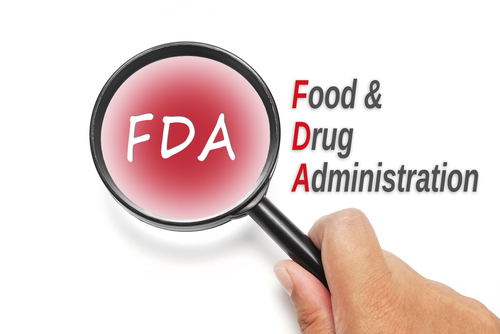Amicus’ CLN3 Batten Disease Gene Therapy Gets FDA Fast Track Designation

The U.S. Food and Drug Administration (FDA) has granted fast track designation to Amicus Therapeutics‘ AT-GTX-502, an investigational gene therapy for Batten disease caused by mutations in the CLN3 gene, the company announced in a press release.
This designation is given to investigational therapies that have the potential to address unmet treatment needs for serious conditions. Drug development programs with fast track designation are eligible for more frequent communication with the FDA, with the intent of speeding up the development process and getting treatments to patients more quickly. Therapies with fast track status are also eligible for future designations, such as accelerated approval and priority review.
Batten disease is caused by mutations in one of 14 different genes, designated CLN1 through CLN14. The mutated gene doesn’t work properly, ultimately leading to disease. The idea behind gene therapy is to deliver a working version of the gene into a patient’s cells — conceptually, replacing the faulty gene.
AT-GTX-502, also known as AAV9-CLN3, is a gene therapy that works by delivering a working copy of the gene CLN3. As such, it is being developed specifically for Batten disease caused by mutations in this gene, referred to as CLN3 Batten disease, or simply CLN3 disease.
This gene therapy delivers its genetic payload to cells through the use of a modified adeno-associated virus (AAV). Viruses have evolved to be adept at getting genetic material into cells, making them well suited for use as gene therapy vectors. An AAV is particularly amenable to this purpose because of its simple structure, and because the virus itself doesn’t cause disease in people. Another AAV-based gene therapy, Zolgensma, is approved by the FDA to treat spinal muscular atrophy.
AT-GTX-502 is administered via intrathecal injection — an injection typically done at the base of the spine that goes directly into the fluid that surrounds the brain and spinal cord.
Amicus is sponsoring an ongoing Phase 1/2 clinical trial (NCT03770572) to test the safety and efficacy of AT-GTX-502 in CLN3 Batten disease. The study enrolled children ages 3–10.
Participants are divided into one of two treatment groups. The first group receives a one-time injection of AT-GTX-502 at a low dose. After an independent data safety monitoring board evaluates the low-dose group, the second group will receive a one-time injection of AT-GTX-502 at a higher dose.
Participants will be followed for three years following treatment. Safety will be evaluated by tracking treatment-related adverse events, and efficacy will be measured with the physical disability subscale of the Unified Batten Disease Rating Scale.





